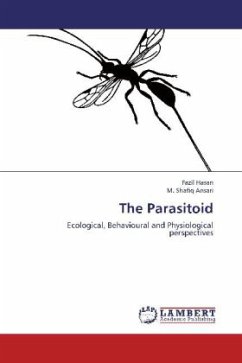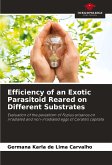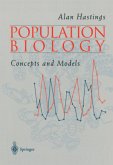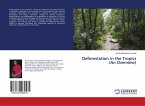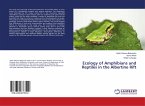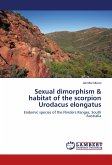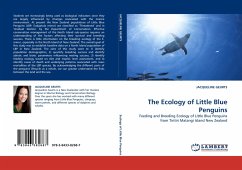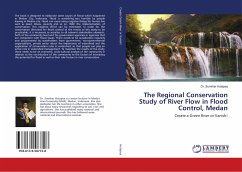Parasitoids lay their eggs on or in the bodies of other species of insect, and the parasitoid larvae develop by feeding on the host, causing its eventual death. Known for a long time to applied biologists for their importance in regulating the population densities of economic pests, parasitoids have recently proven to be valuable tools in testing many aspects of evolutionary theory. This monograph synthesizes the work on topical issues, including cutting edge research on parasitoid particularly Cotesia glomerata decision making and the implications for biological control, explores applications in other fields, provides information based on research experiments, and includes helpful case studies on C. glomerata and also creates a deeper understanding of the link between behavioural strategies and host mortality, resulting in more efficient selective pest management programs. This monograph treats the different components of the reproductive strategy of parasitoids: searching for ahost, host selection, clutch size, and the sex ratio. Therefore, this monograph can help us to understand the ecology, behavior and physiology of parasitoid particularly C. glomerata.
Bitte wählen Sie Ihr Anliegen aus.
Rechnungen
Retourenschein anfordern
Bestellstatus
Storno

